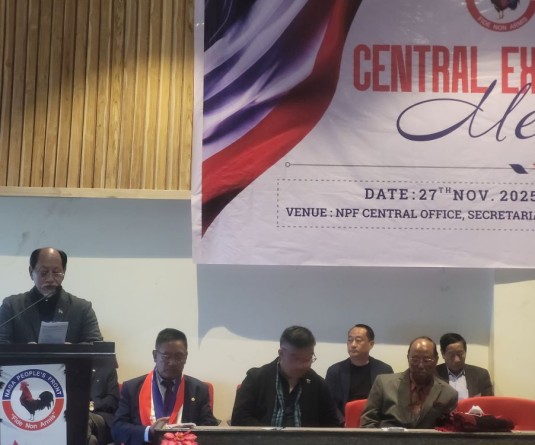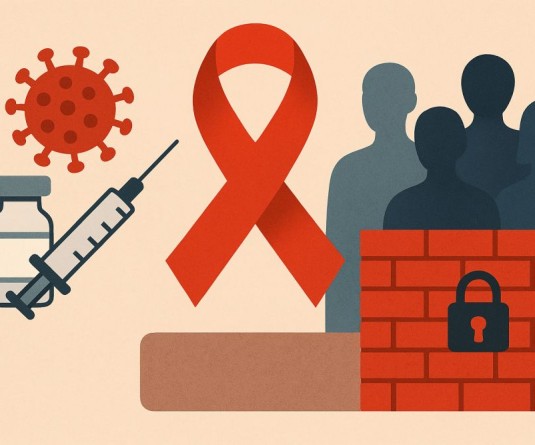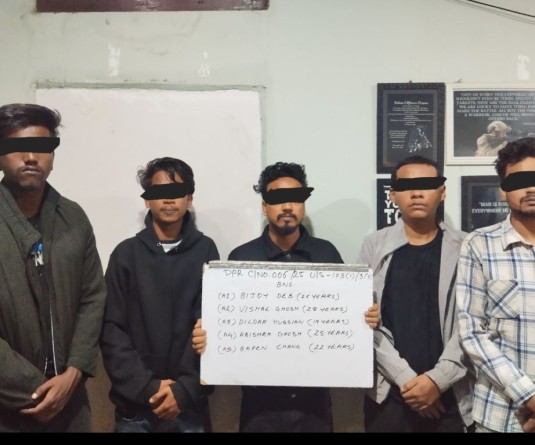
Women empowerment and leadership summit concludes
Morung Express News
Kohima| April 26
Morung Express News
Kohima| April 26
“Leadership comes with a price tag. How much courage are you willing to execute into action?” asked Ella Mary, representing Youth Action for Rural Development (YARD), on day two of the ‘Women Empowerment and Leadership Summit’ which saw more than 150 delegates from a variety of professions ranging from homemakers to bureaucrats.
The final day of the Summit, which concluded Saturday, April 26, focused on women in leadership in the workplace, civil society, educational society and entrepreneurship. Robert Lyngdoh, Vice Chancellor Martin Luther Christian University, who spoke on ‘Engage and mentor the next generation of women leaders’, asserted that women need to fully participate in electoral bodies, at district level, take initiative in the administration and increase women’s capacity in decision making and leadership roles where the focus should be on how men and women complement each other and not compete against each other. Speaking on ‘Exhibiting the leadership presence in you,’ Ella Mary affirmed that women need to understand their limitations and strengths and turn their weaknesses into strength.
In the concluding session, the delegates participated in a round table discussion on the Women’s Reservation Bill (WRB). Rosemary Dzüvichü, who gave the opening remarks on the proposed Bill, stated that the 33 percent reservation for women is not an Indian concept but one which has worked internationally, especially in Scandinavian nations. Dzüvichü also pointed out that reservations are not for eternity, but temporary measures which can be lifted after a certain period if it proves to be a success. “Nagas are one of the most stylish and westernized communities among the North East yet their mindsets remain rigid,” added Dzüvichü, while reminding the delegates that the final hearing of the case being heard by the Supreme Court on the issue of women’s reservation in municipal and town councils in Nagaland will be on April 29.
The delegates at the Summit were later divided into groups of four in which they discussed strategies to strengthen the Bill. The groups came up with similar strategies where they affirmed that there needs to be a multi-level approach in changing mindsets of both men and women in the Church, family and educational institutions. Laws need to be implemented in the grassroots, economic independence needs to be there, and inclusion of gender studies in the school curriculum is essential. Participants at the round table discussion also pointed out that the WRB is a strategy which will empower women in many ways, and that social media should be used as an agent of change, wherein a forum should be created for further discussion on the WRB. Men also need to engage with this discussion and more youth need to be included. Some delegates suggested that the nomenclature or terminology of “women empowerment” should be changed to “gender empowerment”, and that the consultative meeting on WRB should be inclusive.
Several attendees admitted that the Summit is perhaps a first wherein an open discussion was held on the topic of the WRB. Ricky Ozukum, founder director of Alaphra Group, at the closure of the Summit, informed that as discussed at the round table, a follow-up of the Summit will be conducted in consultation with various organizations to create more awareness and sensitization programs in consultation with various organizations. “We look forward to an outcome of the event and within a month we will be in touch with all the organizations,” he said.






